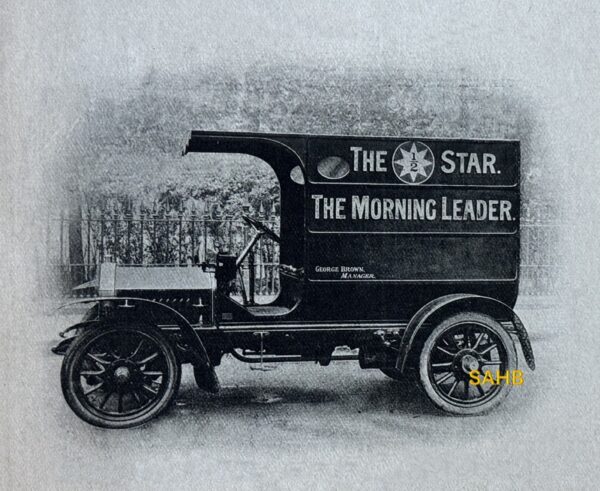
The West-Aster company of Coventry was advertising two types of vehicle in 1907. The delivery van in this week’s Snapshot comes from the 8 October 1907 issue of The Motor, and in the same publication on 5 November of the same year appeared an advertisement for a 10-12 h.p. touring car “recently delivered to a well-known Oxfordshire doctor.”
Enoch John West (1864-1937) initially worked for the Singer cycle company. In 1888 he formed Calcott Bros. & West of which little is known, but in 1896 he started the Progress Cycle Co. He made Progress cars from 1899 to 1903 with De Dion or M.M.C. engines in the rear of a tubular frame and with a four-seater vis-à-vis body – a form of construction often seen on cars that owed their origins to cycle manufacture. Progress followed the influence of its own name by advancing in 1902 to a pressed steel frame carrying a front-mounted engine by De Dion or Aster. Sadly, after making around 150 tubular-framed cars and 350 with front-mounted engines, the Progress company was in liquidation by the end of 1903.
West was not discouraged: in 1904 the Aster-engined car reappeared on the market, initially sold under the West name as a ‘motor chassis for the trade only.’ He also sold engines, presumably of Aster design, to such companies as Academy, Heron, Scout and Singer, and rear axles to Calthorpe – so it seems likely that he had proper manufacturing facilities.
The West-Aster name came into being around 1906, with a range of cars powered by 10-12 h.p., 16-20 h.p. and 20-22 h.p. engines, but later the range extended all the way up to four- and six-cylinder powerplants. West-Aster also made a serious effort to enter the market for delivery vans (as seen in our Snapshot) and taxicabs; a West-Aster was the first British-made taxi to pass the London Police’s taxi test. However, in 1908 West-Aster bought and assembled parts for an Australian order for 100 taxis, the order fell through, and West Ltd. fell into receivership.
As late as 1913 Enoch West was still announcing cars under his own name and trying to gain finance for production, but it seems that few vehicles were made. The last-known car associated with West was the Ranger, which ceased production in 1914.
Image courtesy of The Richard Roberts Archive: www.richardrobertsarchive.org.uk



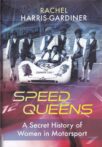
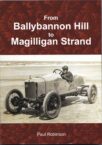
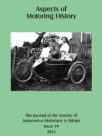
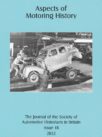
Leave a Comment